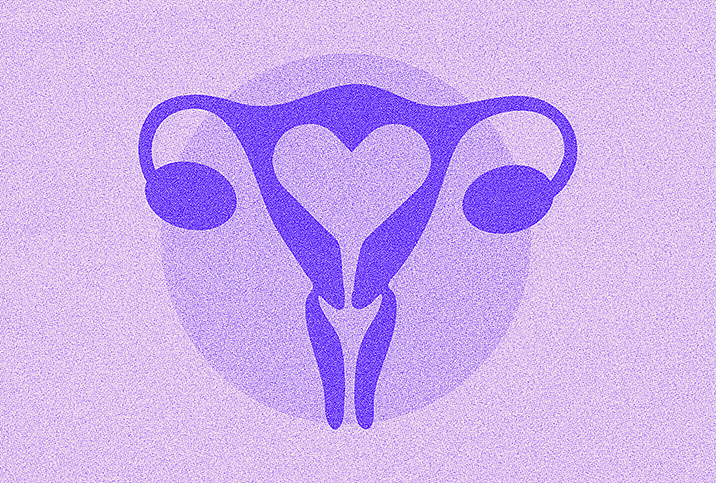Menopause Elevates the Risk of Heart Disease

Studies show the risk of heart disease increases in women approximately 10 years after menopause. Why women develop serious cardiac conditions at this stage in life is still under investigation. But what doctors do know is hormones play a role in women's cardiovascular health, both directly and indirectly.
The estrogen and progesterone factors
During perimenopause, a woman's sexual hormone levels drop, and after menopause, nearly all sexual hormone production ceases. The lack of estrogen and progesterone, the two main sexual hormones for women, can produce uncomfortable symptoms, such as hot flashes, mood swings, weight gain and vaginal dryness.
The loss of these hormones also means women lose some of their cardiovascular protection. Estrogen naturally protects a woman's cardiovascular system. It increases the good type of cholesterol, HDL, while decreasing the bad cholesterol, LDL, and promotes healthy blood flow. Once this natural protection declines, a woman's risk of heart attack and stroke increases.
Heart disease symptoms
Heart disease is the most common cause of death for women in the U.S., and knowing the symptoms is important. Most people associate the signs of a heart attack with chest pain, shortness of breath and their doctor's diagnosis of a blocked artery. While these are common signs for men, women can present a much different set of symptoms.
The 2016 clinical study VIRGO compared male and female cardiac incidents and discovered that often women did not exhibit the "classic signs" of a heart attack.
What has emerged from the study are symptoms that may be overlooked or attributed to stress or stomach issues. Common heart attack symptoms in women include clammy skin, unusual fatigue, nausea and lightheadedness.
In some cardiac cases, the major arteries of the woman's heart are not blocked, so doctors need to look for coronary spasms and microvascular dysfunction.
Heart disease predictors and warning signs
A family history of heart disease increases the risk of women developing issues later in life, as does having secondary health issues such as diabetes and rheumatoid arthritis.
Lesser-known predictors for women are frequent hot flashes and night sweats. These common menopausal symptoms, once thought to be uncomfortable but benign conditions, are now being linked to increased risk of heart attack and stroke. Studies show women with frequent vasomotor symptoms (hot flashes) had an 80 percent higher cardiovascular risk than asymptomatic women. Researchers do not yet understand why these conditions are linked, but they are looking closely at biological markers for answers.
Heart disease prevention
Establishing a heart-healthy lifestyle is the best prevention:
- Quit smoking
- Maintain a healthy BMI
- Eat a diet that includes fruits and vegetables, whole grains, lean proteins and fewer sugary foods and drinks
- Start an exercise regimen that includes low-impact aerobic activity and strength training
- Limit alcohol consumption to one drink a day
- Manage stress to help prevent hypertension
Start now with preventive care by talking to other women in your life about their plan for heart health, and discuss a personal strategy with your doctor.
Your future heart-healthy self
Understanding how menopause affects your cardiovascular system will help you thrive in this next stage of life. Stay aware of and curious about the changes you are experiencing.
Educating yourself about the signs and symptoms of heart issues is key to maintaining your health. Be sure to keep the lines of communication open with your doctor, so you can comfortably address your health concerns and questions.
Here's to maximizing your wellness in your 50-plus years.


















